Responding to a Disaster or Emergency
In times of disaster, you can count on a service of the Community Foundation for a greater Richmond to coordinate with local officials and community partners and support ongoing response and recovery efforts through volunteerism.
People are often compelled to help in the wake of a disaster or emergency event, especially when neighbors are in need. However, disaster response works best when it is coordinated with local emergency response officials. Please do not self-deploy. Let us be your resource for timely, vetted information about how you can get involved in the most meaningful and effective way.
On this page you will find:
- How to Volunteer Responsibly in a Crisis
- Plan and Prepare
- Activate
- Additional Resources
5 Important Tips for Responding to an Emergency
Before heading to a disaster area, consider the complexities of the situation. To make the most of your efforts and assist impacted communities best, consider these tips for donating and volunteering responsibly:
-
Cash is the fastest way to assist those most affected by a disaster.
Cash (versus material) donations provide experienced disaster response agencies the most flexibility in obtaining the most-needed resources. -
Donate through a trusted organization.
At the national level, many voluntary, faith and community-based organizations are active in disasters and are trusted ways to donate in order to help those most impacted. -
Affiliate with existing non-profit organizations.
Before entering a disaster area, connect with a known and trusted nonprofit organization to ensure that you are appropriately trained and supported to respond in the most effective way. -
Do NOT self deploy.
Until a need has been identified and the local community impacted has requested support, volunteers should not enter. -
Be patient.
Recovery lasts a lot longer than the media attention. Please continue to use this website as a source of information for ongoing volunteer needs.
Plan & Prepare
Since disasters and emergency situations can happen suddenly, anytime and anywhere, it is always important to plan and prepare in advance. We encourage you to become familiar with protocols associated with disasters most likely to occur in our community, develop a family or organizational disaster plan, and assemble emergency preparedness kits for your household or office.
Throughout the year, we also monthly workshops for individuals who wish to create their own civic action plan. You will learn about local organizations that best match your values and interests, as well as different avenues for community engagement that can enhance your personal commitment to community betterment.
- Learn Potential Disaster Protocols
Source: Virginia Department of Emergency Management – Go to Prepare/Disasters & Emergencies - Create a Disaster Plan and Emergency Preparedness Kit
Source: American Red Cross - Even Squirrels Prepare
Source: PlanRVA - How to Build a Kit for an Emergency Situation
Source: PlanRVA - Extreme Heat Preparedness
Source: PlanRVA


Activate
In the event of a disaster or local emergency, we will add urgent volunteer needs here as we learn about them from our partners. Remember that it may take a few days for local officials and emergency responders to assess the situation and the specific needs. If you are ready to act, we advise that you take advantage of the two options below – sign up as an “On Call” volunteer, in which we will contact you once we learn of an immediate or urgent volunteer need, or you may sign up for any of the current opportunities featured on our site where the host organizations are prepared to accept your help.
Additional Resources
Plan RVA & Emergency Management Alliance of Central Virginia
Website: http://www.planrva.org/emergency-management-home
Facebook & Twitter: @PlanRVA
American Red Cross-Virginia Region
Website: www.redcross.org/local/virginia
Facebook & Twitter: @VARedCross
Virginia Department of Emergency Management
Website: www.vaemergency.gov
Facebook: @VAemergency | Twitter: @VDEM
Ready.gov
Website: www.ready.gov
Facebook & Twitter: @readygov
